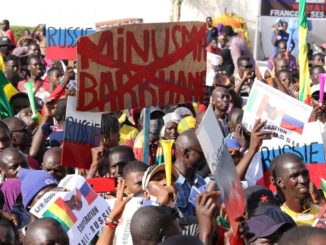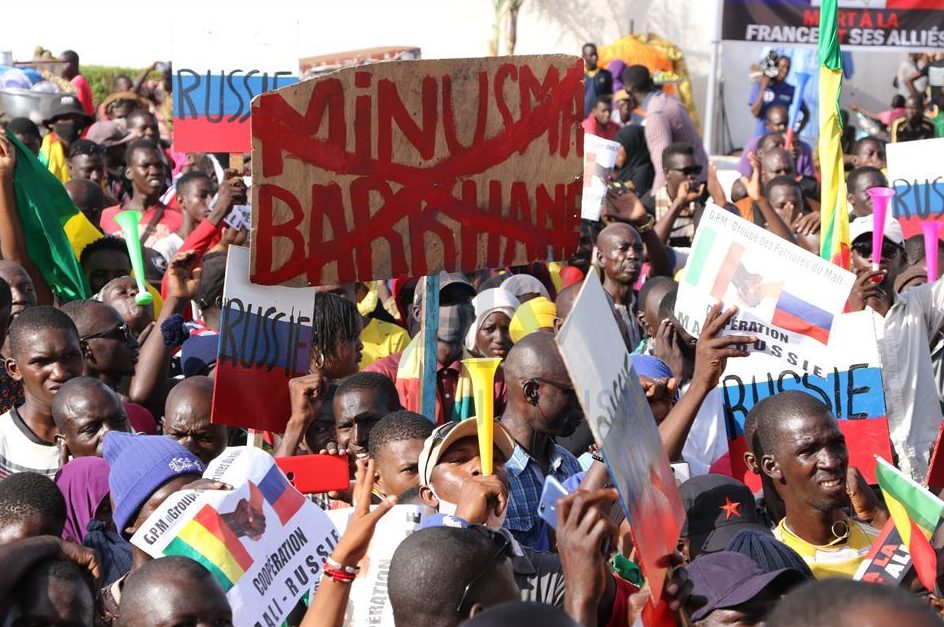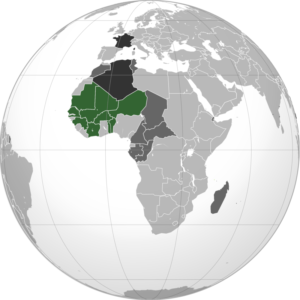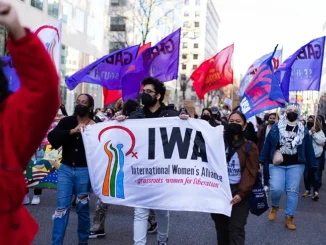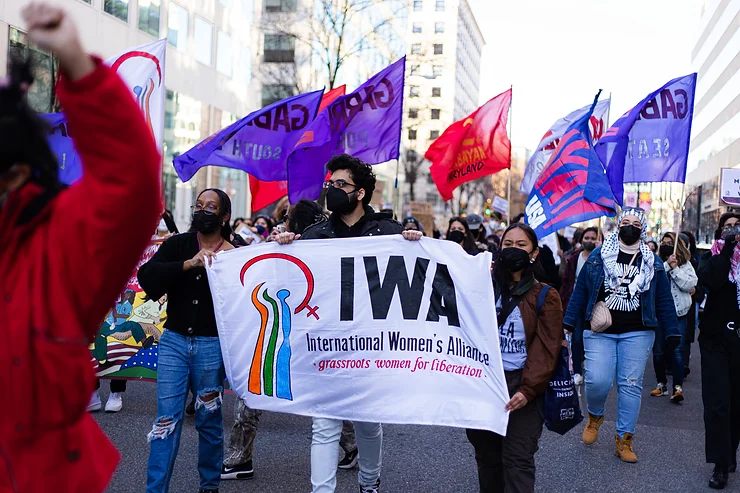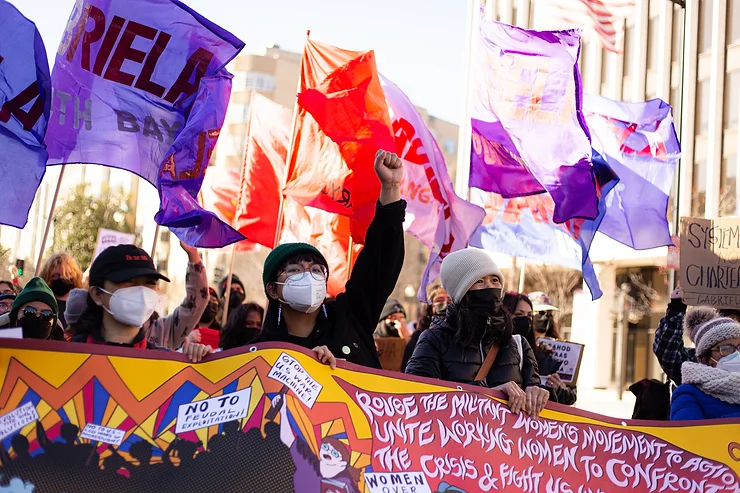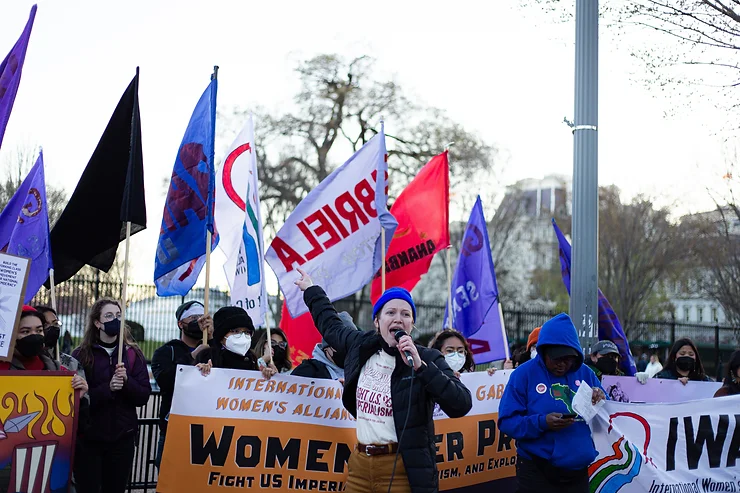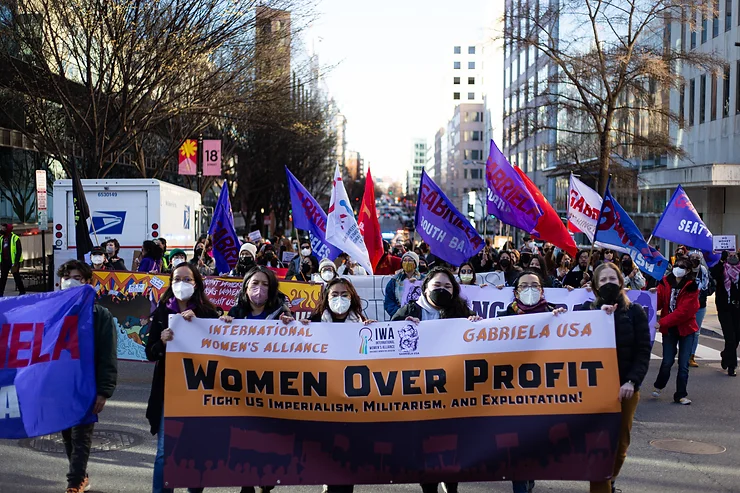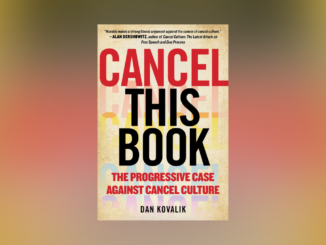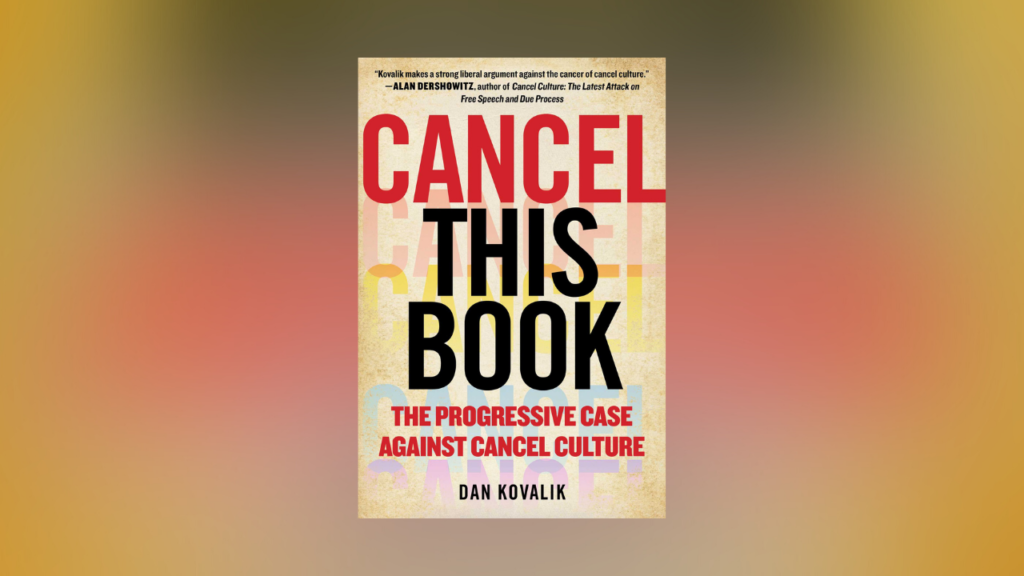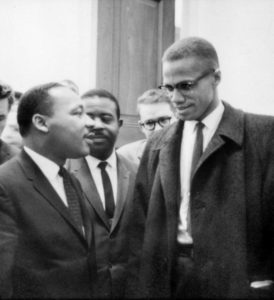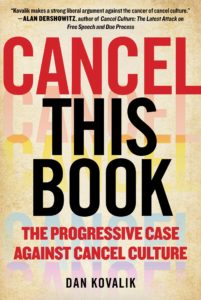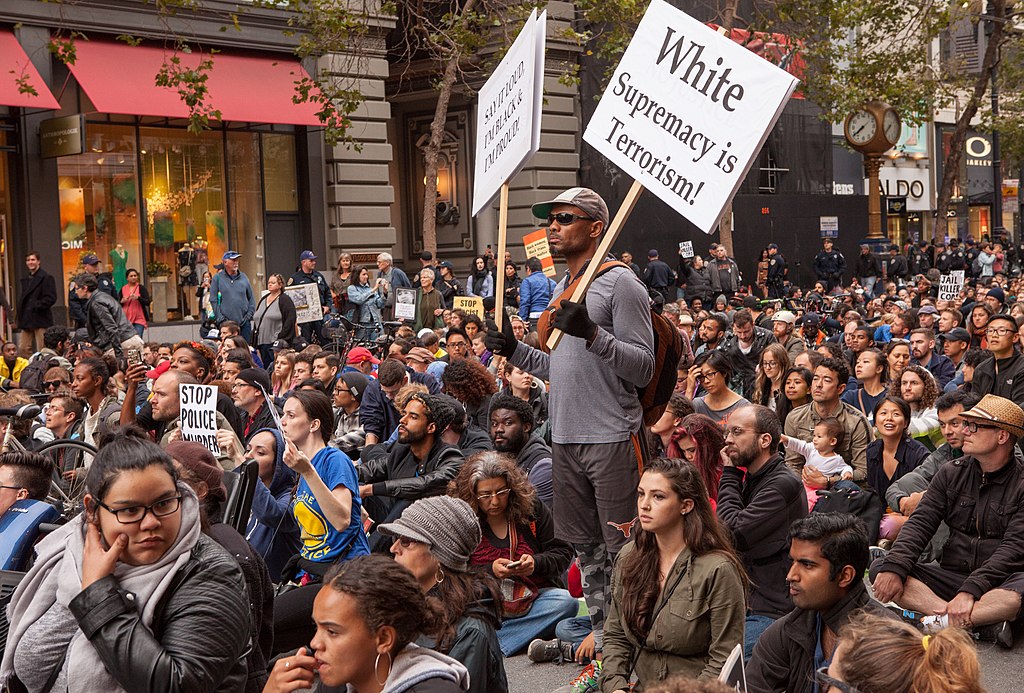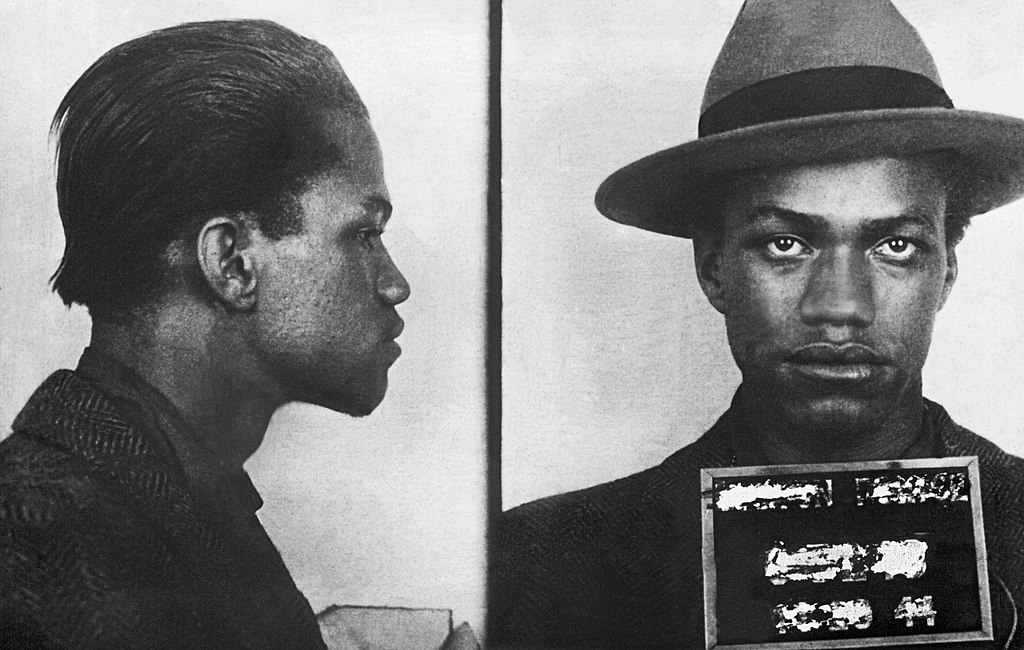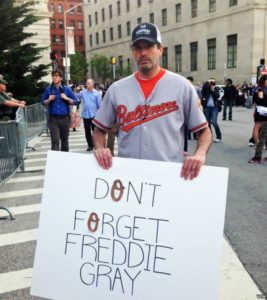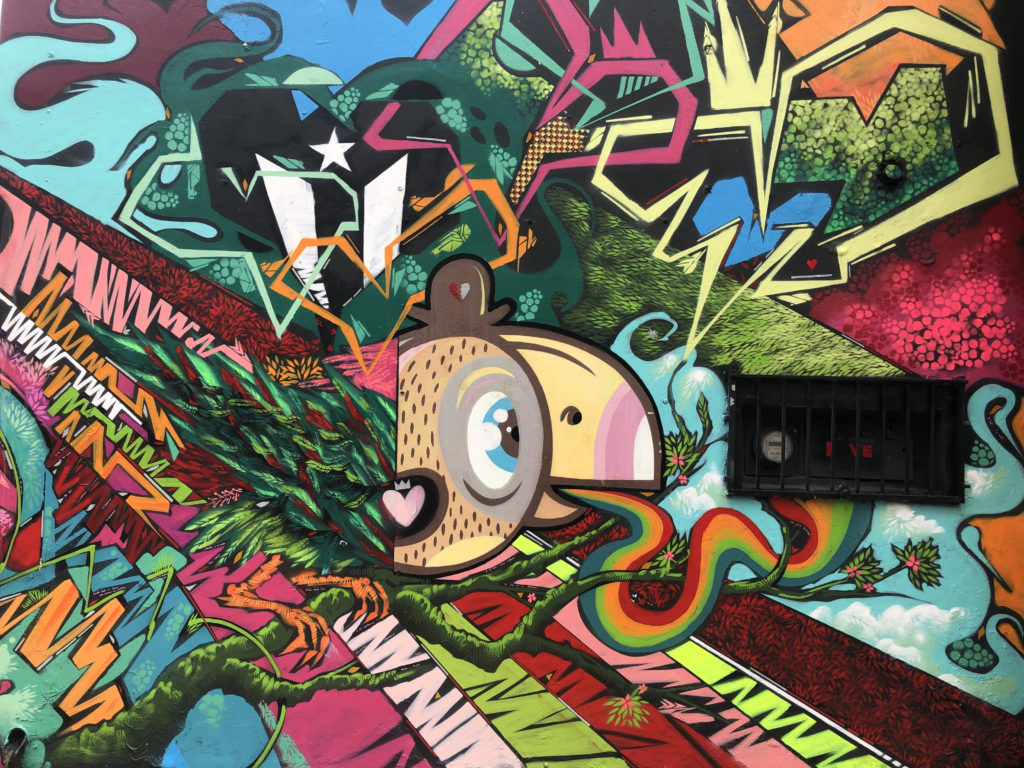
Bright murals of opposition can stop foot traffic in San Juan, Puerto Rico’s capital.
What many Puerto Ricans oppose is a phenomenon known as austerity, which describes the systematic cut in a government’s services as funding is reduced.
“Austerity is our daily bread,” said Jocelyn Velásquez, 40, who lives in San Juan. “It is what we have for breakfast, what we have for lunch and what we have for dinner. We have no other alternatives.”
In Puerto Rico’s case, austerity refers to policies of the Fiscal Control Board U.S. President Barack Obama imposed in 2016. The board—made up of bankers, lawyers and privatization champions—slashed budgets in response to Puerto Rico filing for bankruptcy because it was unable to pay off more than $70 billion in debt and come up with $50 billion for pension payments. Debt accumulated because U.S. government funding decreased to its longest-held colony, essentially suffocating the people.
A U.S. federal judge recently approved a debt adjustment plan, but it does not bode well for Puerto Ricans. Exacerbating the impact of social-service cuts is the inadequate federal government response to disasters caused by Hurricanes María and Irma, as well as recent earthquakes. Then the COVID-19 pandemic whacked the island. All this came as foreigners have been encouraged to enjoy Puerto Rico as a tax-free paradise, leaving the more than 3 million Puerto Ricans to resist austerity, displacement, discrimination and land grabs.

Puerto Ricans Fight Back
Velásquez, a mother of two middle-school students, described that the expense of living has forced Puerto Ricans to be frugal in using electricity and in buying food. That’s why Velásquez is an activist and spokesperson for a resistance group called Jornada: Se Acabaron las Promesas, which, in Spanish, means “The Promises Are Over.” It was founded in 2016 as a response to the impact of the PROMESA law and the Fiscal Control Board.
However, Velásquez shared that the group was formed to be a radical pole against all manifestations of colonialism on the island. She asserted the austerity Puerto Ricans are facing is a product of colonialism, rather than what is popularly blamed, such as government corruption, a lack of administrative capacity or a lack of an economic plan. Their symbol is the black-and-white Puerto Rican flag, which represents mourning and resistance against “La Junta,” or what Puerto Ricans call the Fiscal Control Board. La junta means “the board” in Spanish.
“Our economy, our government and our institutions are at the service of maintaining optimal conditions, so that the United States government can keep taking resources out of our country,” Velásquez said.
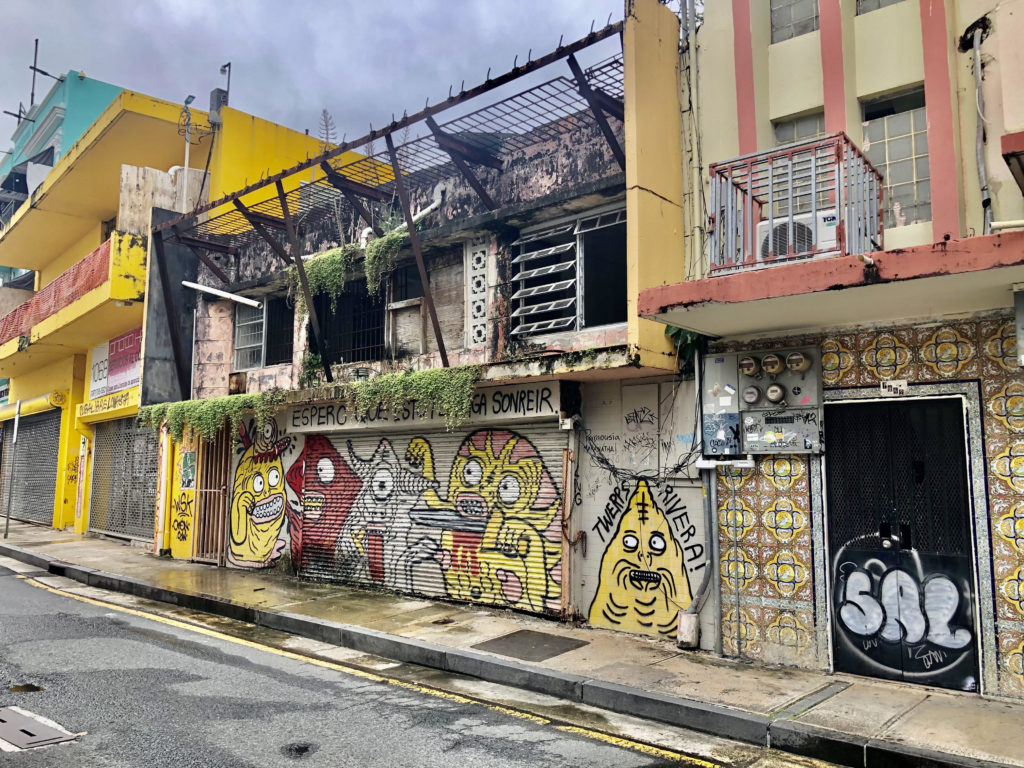
Creating a Paradise for the Wealthy
Puerto Rico, a U.S. colony since 1898, pays a higher sales tax than any of the U.S. states. Recently privatized essential services, such as electricity, have risen in cost by more than 16 percent. The new year also brought highway toll increases. The water tariff also will rise this year. According to the Cost of Living report (COLI) presented by the Puerto Rico Institute of Statistics, the cost of food in the San Juan metropolitan area is 20.7 percent above the U.S. average, and utilities are 61.8 percent above average.
The average home price has increased by more than 17 percent over the past year, while inflation has reached its highest level in 13 years. The island’s government has granted tax exemptions to wealthy investors, and “crypto colonizers.” That is how cryptocurrency entrepreneur Brock Pierce had been dubbed after buying the biggest hotel on the Puerto Rican island of Vieques.
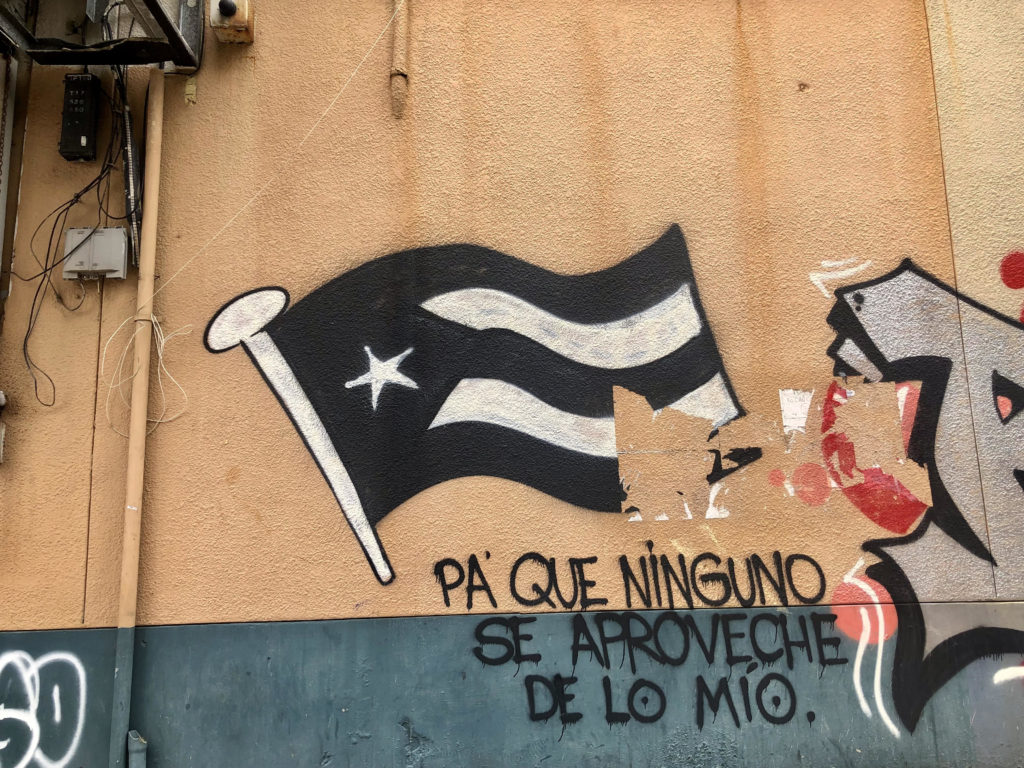
Tax breaks provided through the Individual Investors Act allow the wealthy to take advantage of the precarious situation in the Caribbean country. The magnitude of this loss is equivalent to more than double the operational budget assigned to the Puerto Rican government for the last fiscal year, said Rolando Emmanuelli, a lawyer and debt expert who has analyzed the PROMESA law.
“That is money that could have been allocated not only to address the crisis that Puerto Rico has suffered, but to economic growth and development projects,” he said. “It is a fundamental issue that, in order to pay the debt, it is necessary to have economic growth and if you do not invest as a government, there is no economic growth.”
That is why 43 percent of the population lives below the poverty level in Puerto Rico. “If we are going to have negative growth, we cannot pay [debts],” Emmanuelli said. “The PROMESA law is a measure that accelerates the process of extracting wealth.”
But the economic problem boils down to a political challenge, with Puerto Rico being the longest-held U.S. colony. Emmanuelli said democratic space has shriveled in Puerto Rico because the United States controls all aspects of life through the Fiscal Control Board.
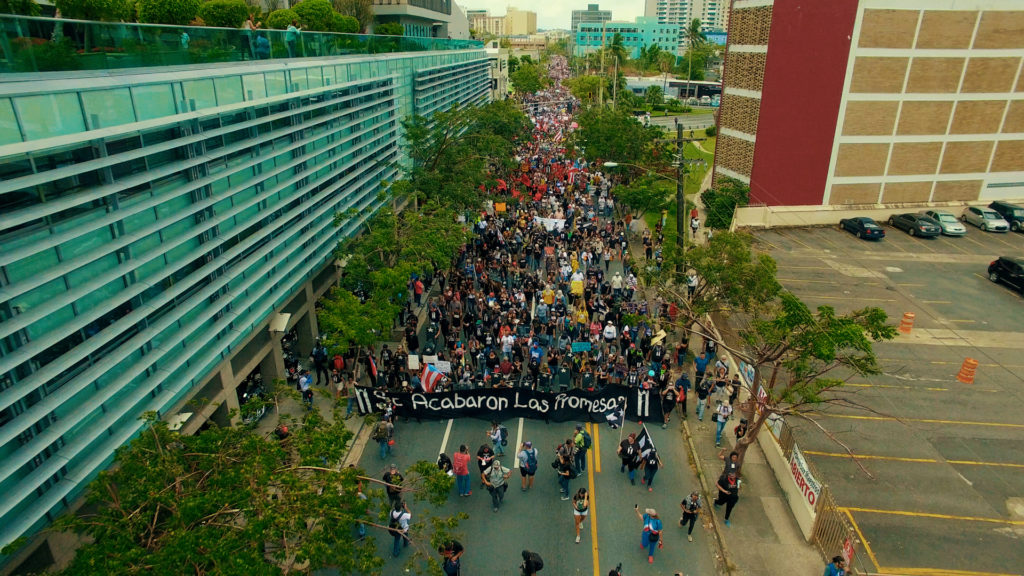
The People Rise Up
Leaders and members of organizations representing government pensioners, teachers and artists, as well as students at the University of Puerto Rico (UPR) campuses, have demanded for months that the government not confirm the recently approved debt adjustment plan. They said it posed dire consequences for the island. Recently, thousands of public employees also demonstrated. Teachers, nurses and police officers demanding fair wages filled the streets of San Juan, creating a climate of discontent similar to the one experienced prior to the resignation of former Governor Ricardo Roselló.
After the debt adjustment plan was approved, Nathalie Jaresko, the director of the Fiscal Control Board from its imposition—and earns $625,000 per year—submitted her resignation, with a plan to leave April 1.
Almost six years after Puerto Rico filed for a special bankruptcy under Title III of the PROMESA law, more than $830 million in legal fees have been paid. Economists like Martin Guzman, Pablo Gluzmann and Nobel Prize winner Joseph Stiglitz, agree Puerto Rico will default. It is just a matter of when it will happen. The Fiscal Control Board foresees a negative economic trend starting in fiscal year 2029, as federal disaster relief money and pandemic aid will wane.
“If we are going to have negative growth, we cannot pay,” Emmanuelli said.
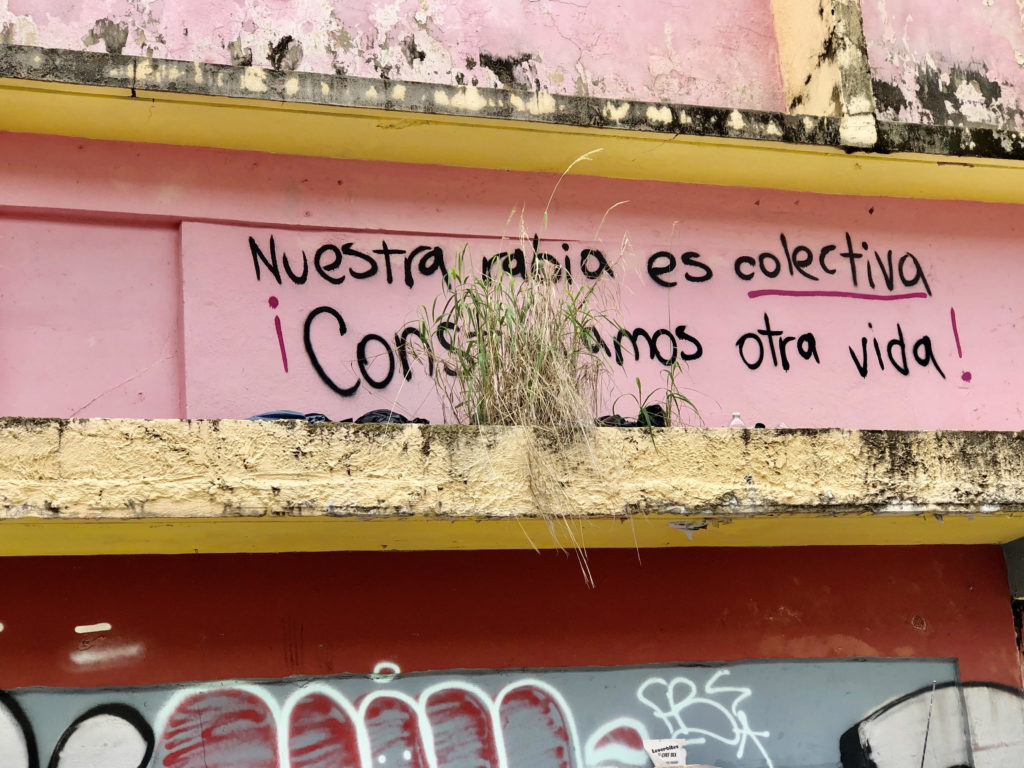
Rising Violence in Puerto Rico
Because austerity has impacted all aspects of life, family crises are becoming normal, Velásquez said. Violence has skyrocketed, leading to an increase in suicides, as well as in the deaths of children and women. Last year, the Puerto Rico Police Bureau, which is responsible for the whole island, reported a 20 percent rise in violent crimes. Suicide was the third leading cause of deaths in 2021, according to the Commission for Suicide Prevention of Puerto Rico.
“[Austerity] is going out to work—to ‘buscarse el peso,’ [search for money] as they say out there—and having to see your peers in a state of emotional uncontrol to a certain point that leads them to be violent consistently,” said Velásquez.
Research has shown cuts in government services affect mental and physical health. Plus, not having access only worsens the mental health challenges facing people living in poverty.
“It sometimes takes about three months to get services,” said Eduardo Lugo, a psychologist and University of Puerto Rico professor on the Mayaguez campus. Puerto Ricans had already been dealing with the effects of the climate crisis, Hurricanes Maria and Irma, the COVID-19 pandemic and earthquakes on top of the austerity cuts. “That increases people’s vulnerability and, if there are not services available to people, well, that’s a ticking time bomb,” Lugo added.
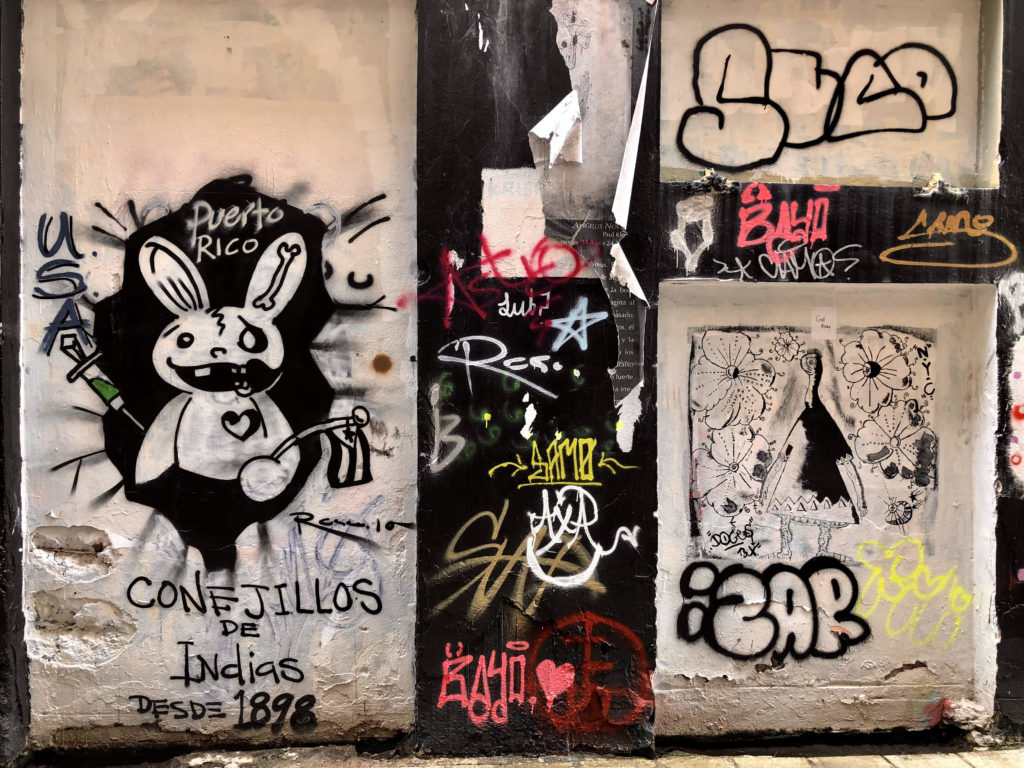
Velásquez said one of the goals of Se Acabaron Las Promesas is to help Puerto Ricans make the connections and not allow austerity to become normalized. The group tries to encourage people to generate alternatives and rebel against the colonial system.
“So people can see the link between this austerity, between all these things that happen to us day by day, with the presence of the government of the United States in Puerto Rico,” Velásquez said.
Diana Ramos Gutiérrez is an independent journalist and audiovisual producer based in Puerto Rico. She can be followed on Twitter at @dramosgutierrez.

